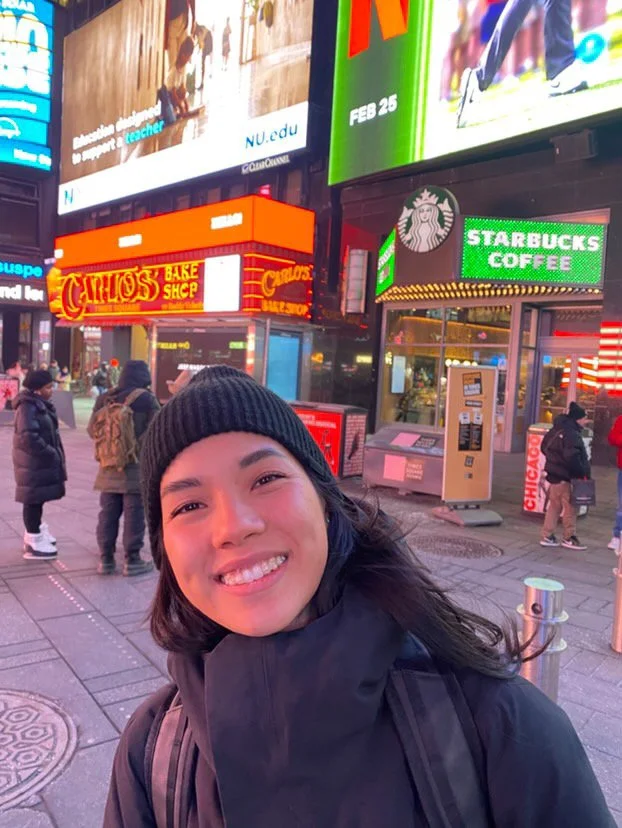Why i stopped following the news
The News and Your Mental Health
I stopped following the news since at least 2018, and I’ve been better off ever since. I’d love to fulfill my civic duty by being an informed, engaged citizen who keeps up with current events, but I realized that doing so came at the expense of my mental health—so I stopped. Not following the news doesn’t mean I don’t care about societal issues; rather, it means I choose myself first.
The four reasons that led me to make this choice can be summed up as follows:
Consuming the news does not make me happier.
Consuming the news does not make me smarter.
Consuming the news does not develop my critical thinking on a specific subject the way a documentary or a book does.
Consuming the news does not inspire me to take action or get involved.
Notice that I use the word "consume."
There’s even a term for this phenomenon: news fatigue. The Pew Research Center in the U.S. reports that most Americans feel exhausted by the news, and this trend has been observed for years.
When I reflect on this issue, journalists and other "knowledge workers" (which includes me) come to mind. Isn’t exposing oneself to a constant, endless flow of information the equivalent of injecting 10 ml of cortisol—the stress hormone—directly into the bloodstream?
Why would I inject myself of cortisol?
Being exposed to so much negative news can even lead to psychic numbing, a state where our ability to feel empathy diminishes.
This 4-minute video explains the phenomenon well.
How I Take Care of Myself as a professional
My job requires me to absorb negative emotions. Even though they are not mine, it would be untrue to say that no residue remains after my sessions.
Given the nature of my work as a therapist, I was exposed to the darkest, most violent things that life can inflict on another human being.
I’ve come to understand the importance of managing my exposure to cruelty, violence, and horror. For me, this means not consuming the news, not watching stressful documentaries or anxiety-inducing films, and minimizing my exposure to drama, cruelty, and hatred.
Instead now, I maximize lightness, pleasure, and laughter—and I invite you to do the same.
I'm highly intentional about my content diet—whether it’s podcasts, Instagram accounts, books, or even the type of music I consume. When I want to educate myself on a topic, I do so deliberately, rather than passively absorbing information from TV or certain YouTube channels.
I adopted this approach when I began working in mental health and realized I couldn’t afford not to be at my best. Watching the news felt like consuming junk food that left me mentally (and emotionally) bloated every single day.
So now, I invite you to do the same—prioritize joy, embrace playfulness, and rediscover the moments that make you feel like a carefree child again. And don’t worry, you won’t turn into a couch potato—your job will snap you right back into serious, responsible adult mode tomorrow at 9 a.m.
Until then, indulge in some trash TV on Netflix, watch a stand-up comedy special, call your long-distant friend, visit your niece, go on a roadtrip to NYC with your family—whatever helps you reconnect with the warmth and beauty of human nature. Because I promise you, humanity is capable of incredible things.
Disconnect from the news to reconnect with humanity
(Me, disconnecting last weekend in NYC with my cousin and brother)
Sources :
Brillon, P. (2020). Entretenir ma vitalité d’aidant : guide pour prévenir la fatigue de compassion et la détresse professionnelle. Les éditions de l’homme. Montréal.
Gottfried, J. (26 février 2020). Americans’ news fatigue isn’t going away – about two-thirds still feel worn out. Récupéré de https://www.pewresearch.org/fact-tank/2020/02/26/almost-seven-in-ten-americans-have-news-fatigue-more-among-republicans/
